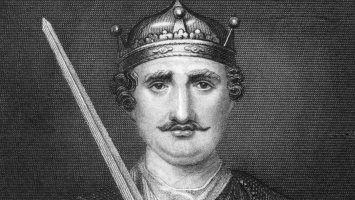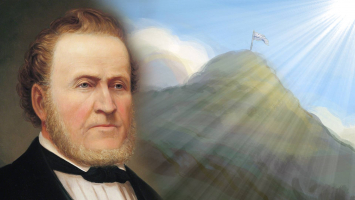Top 5 Interesting Facts about Caligula
Caligula was a member of the Julio Claudian dynasty, the first governing family of the Roman Empire, and was born on August 31, 12 AD at Antium, modern-day ... read more...Anzio, Italy. His mother was the Augustus Caesar's granddaughter, while his father was a well-liked Roman general. According to legend, Caligula's father was assassinated by Emperor Tiberius, who also purportedly killed the majority of Caligula's relatives. He did, however, spare the life of Caligula, who succeeded him as emperor in 37 AD. Caligula is known mostly for his tyrannical control, insanity, depravity, and acts of great cruelty, making him one of history's most recognizable "bad guys" despite the fact that his early reign is regarded as brilliant. Know more about the life, family, reign and assassination of Emperor Caligula through these 5 interesting facts.
-
Most of Caligula's improvements to ports and other facilities were eclipsed by his lifestyle. He spent lavishly and was driven to establish himself as an opulent leader. First, he erected pricey temples to ensure that his followers revered him. One of the reasons Caligula was an unsuccessful emperor was that, at the time of his accession, he lacked the necessary professional skills. When Tiberius passed away in 37 AD, his will was soon ignored, and Caligula with the help of Macro was declared the only emperor.
His Julian ancestry and his father's renown, he gained popularity among the Roman populace thanks to Germanicus. Caligula also sponsored lavish cultural and athletic events to sway the populace in his favor. He constructed a floating bridge to disprove one of the prophesies because he disregarded most of them. Such reckless behavior put a strain on the state's economy and compelled the administration to ask the public for financial support.
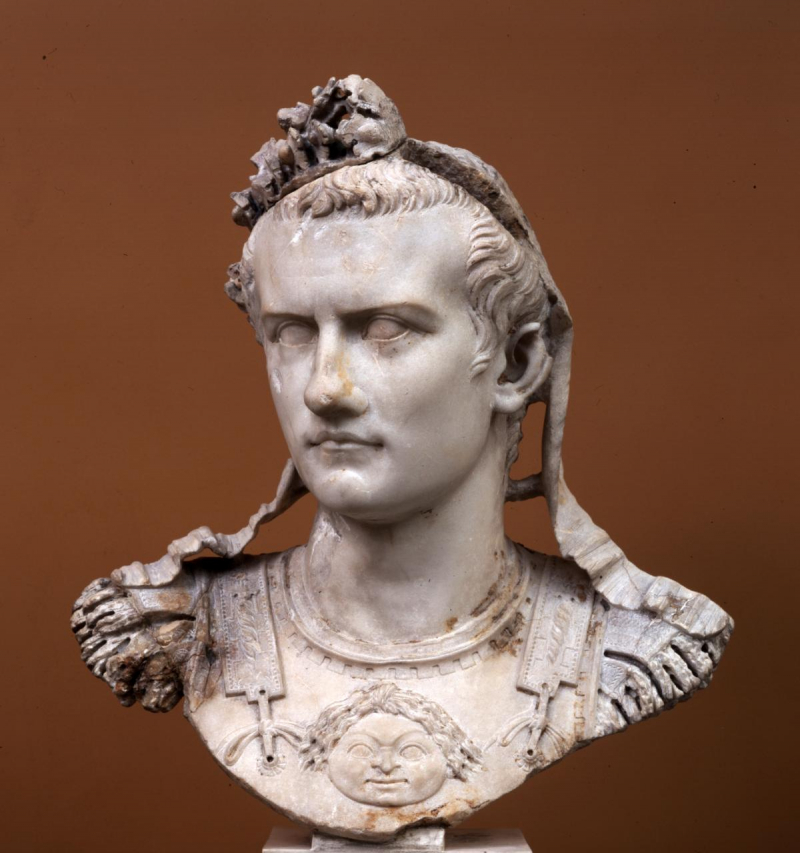
Source: History 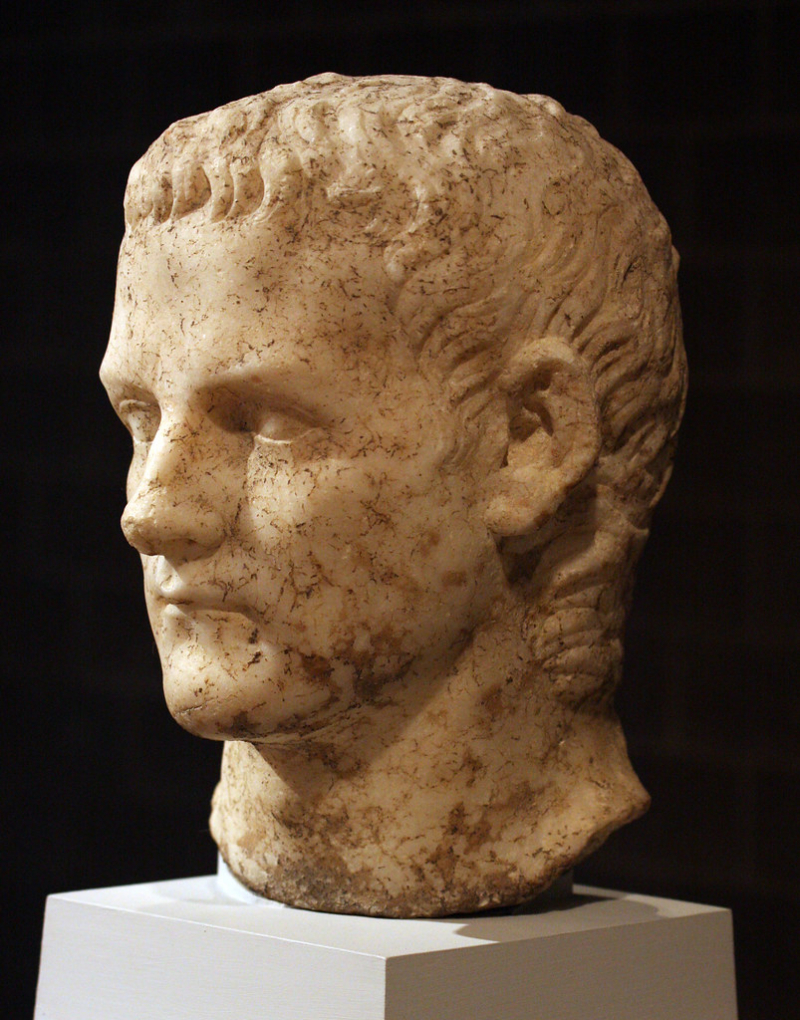
Source: Flickr -
One illustration is incest. In Ancient Rome, incest was frowned upon, and accusations of it were frequently invented in order to harm and undermine a political rival. Could any of the rumors around Caligula be gossip? Mary Beard believes that We can never be certain whether the stories of incest with his sisters are true difficult it's enough to know what your neighbors get up to in bed, let alone what happened in the bedroom throughout the Roman Empire's 2,000-year reign. It's probable that he did enjoy having sex with his sisters, especially Drusilla, even though some of the descriptions may have been exaggerated. He may have later banished his other sisters to try to cover up his sexual antics.
Most history books paint Caligula as a vicious, vengeful, and extravagant Roman emperor. However, a few historians believe that some of the records may have been exaggerated, an interesting fact about Caligula. For instance, the building of a floating bridge and his abusive behavior have been challenged by most critics. The truth will never be known since these history books are the only source of Caligula’s information.
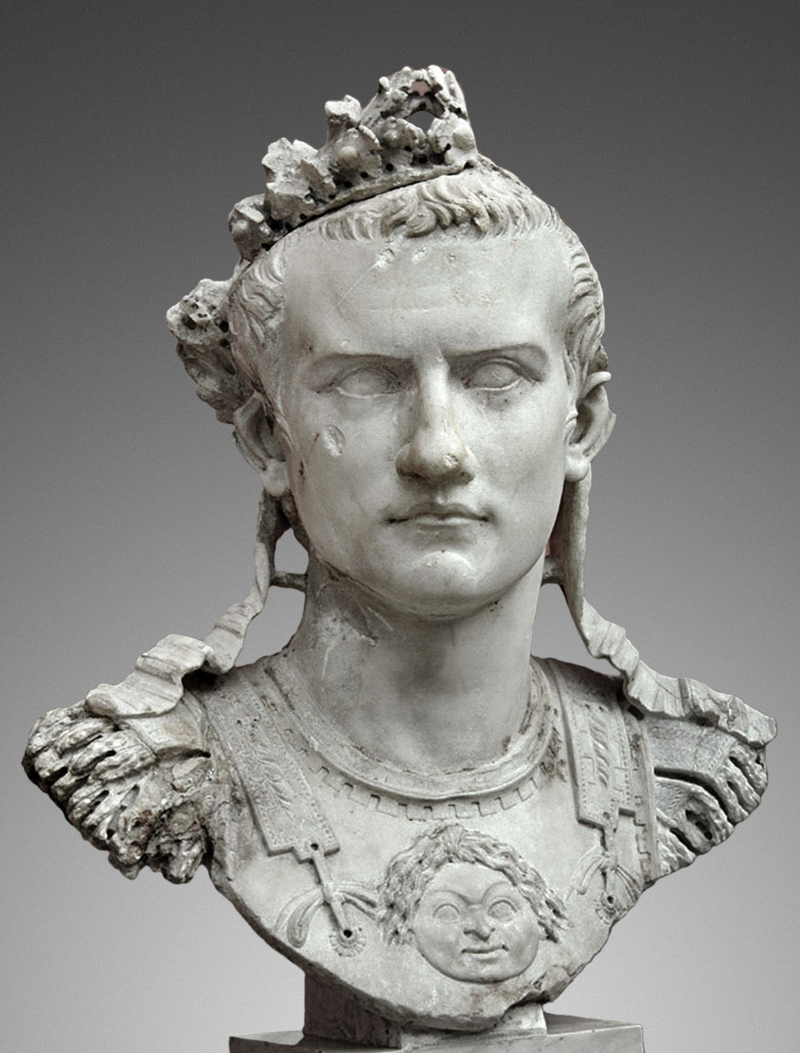
Source: Pinterest 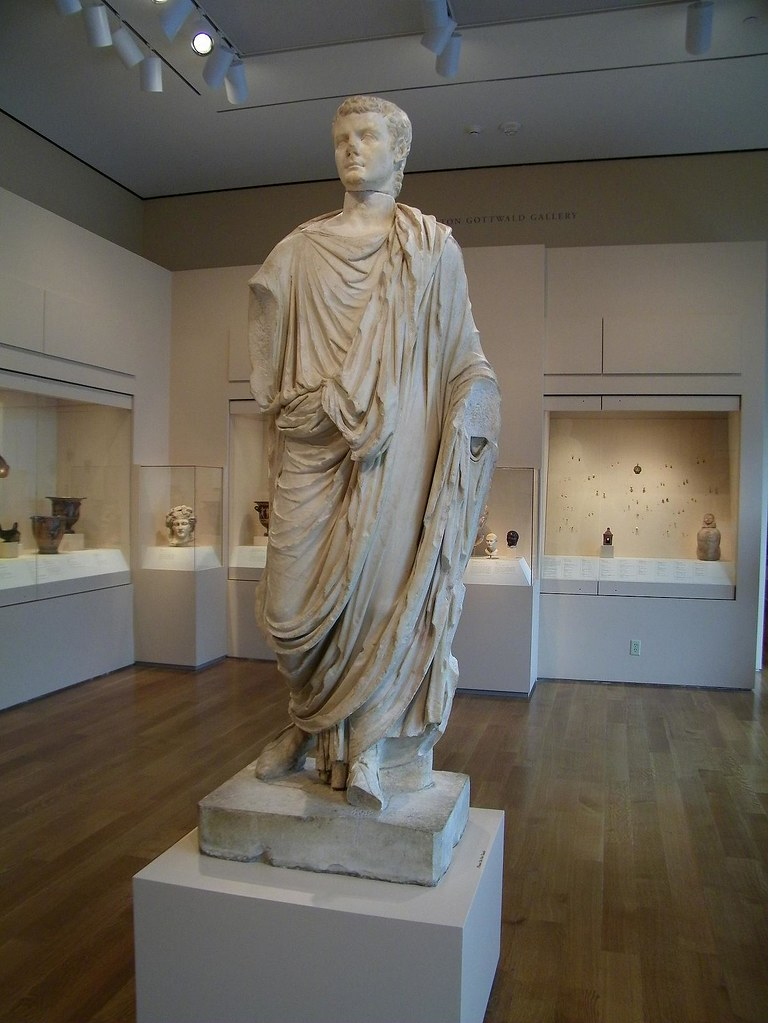
Source: Salon -
The Romans killed Caligula, which is one of the least liked historical truths. The populace believed they had had enough of this type of leadership after a string of erratic and foolish decisions. The Praetorian guards, who were waiting for him to return from Gaul, stabbed him more than 30 times when he was just 29 years old. The third was headed by Cassius Chaerea, a soldier of the Praetorian Guard (the army closest to the emperor).
Given that Caligula humiliated him in public and played cruel practical jokes on him, Chaereas motivations appear to have been personal. Chaerea sought assistance from others, including a fellow tribune and one of his superiors, a prefect of the Praetorian Guard, in his quest for vengeance. He failed to secure explicit support. However, he revealed his plans to a trusted colleague, another tribune, Cornelius Sabinus, and the pair became the principal players in the plot to end the emperor’s life.
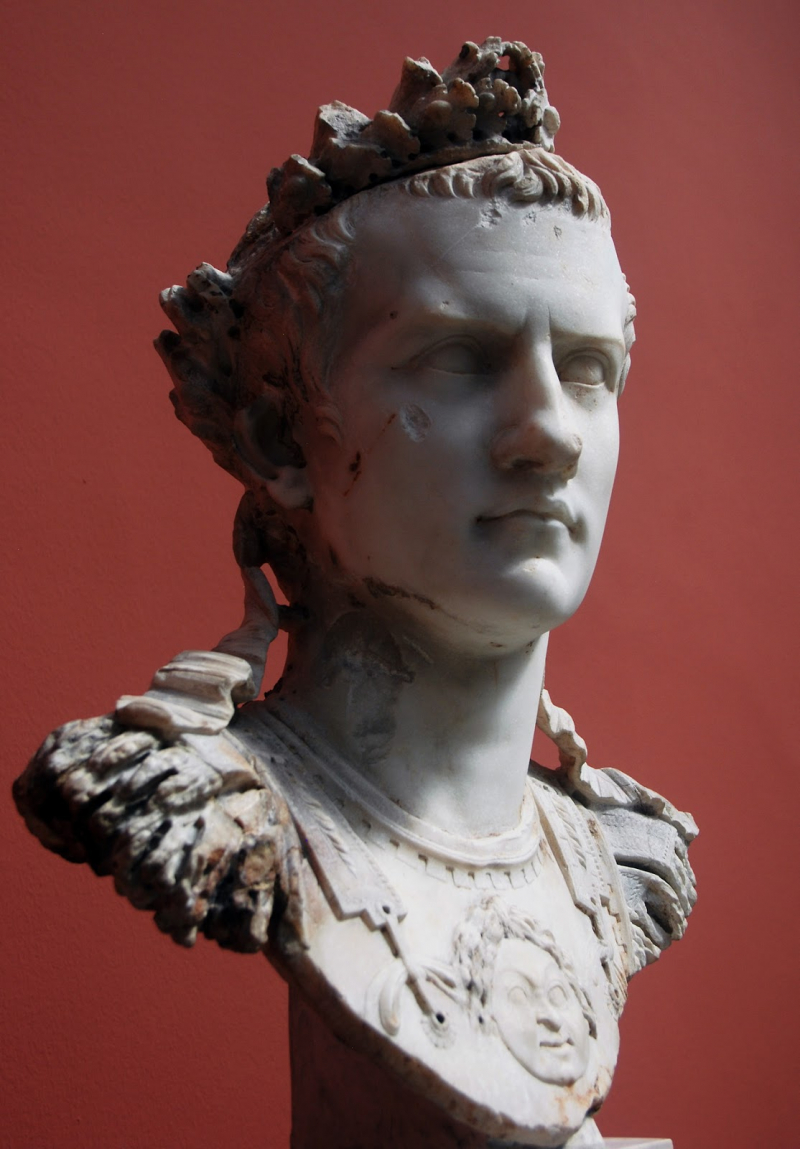
Source: blogspot.com 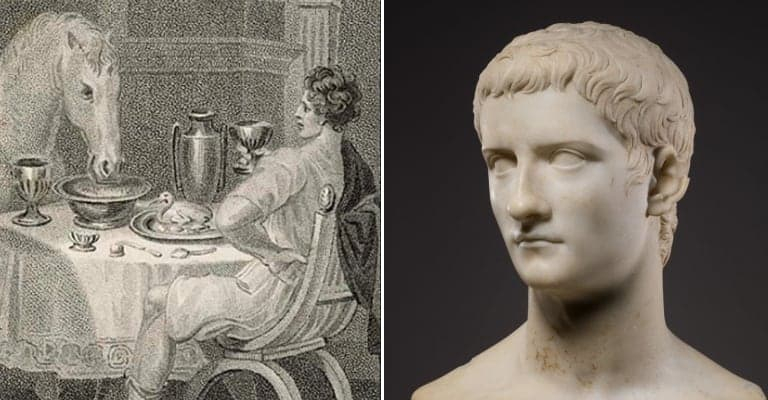
Source: historycollection.co -
The cause of Caligula's illness has been hotly contested, according to Ancient Origins. While some historians vehemently dispute this, others think he was poisoned. According to some reports, he might have had a breakdown or an epileptic seizure. Caligula's paranoia had increased. He increased taxes to finance his luxurious lifestyle. He withdrew to his habits in Capri, giving rise to the hedonistic ruler who is now famed. Regardless of how close they were to him, Caligula did execute anyone who offended him. Tiberius Gemellus, his adopted son and cousin, was put to death by him.
The conduct incensed Caligula's grandmother, who of course passed away immediately after voicing her outrage. Killing his hostages wasn't enough for him. He intended them to die after suffering enough to atone for their "mistakes." As a result, he instructed his soldiers to hurt the victims and let them wither away gradually. He was constantly present during these executions to make sure his instructions were carried out. These behaviors were just a few of his many sadistic tendencies. One infamous instance is when he exhibited his wife Caesonia in front of his friends when she was completely naked. Additionally, Caligula had an affair with Julia Drusilla, his sister.
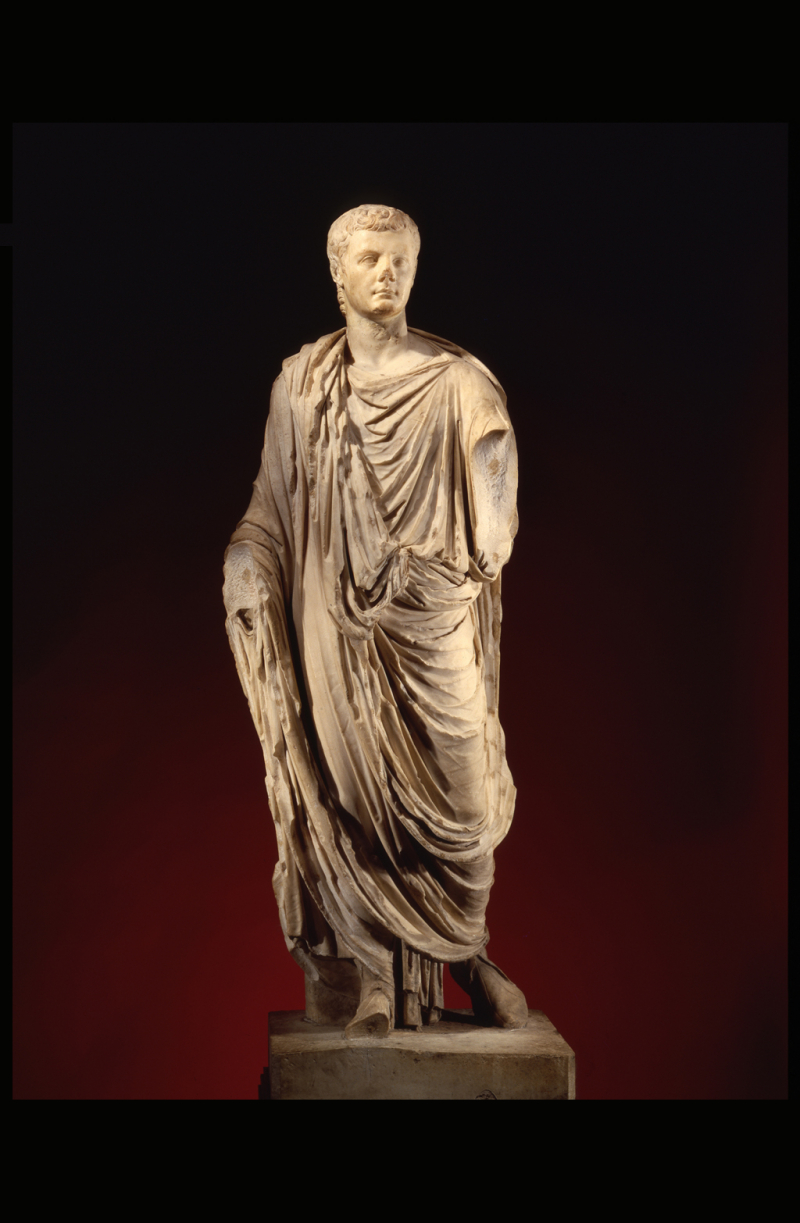
Source: digitalsculpture.org 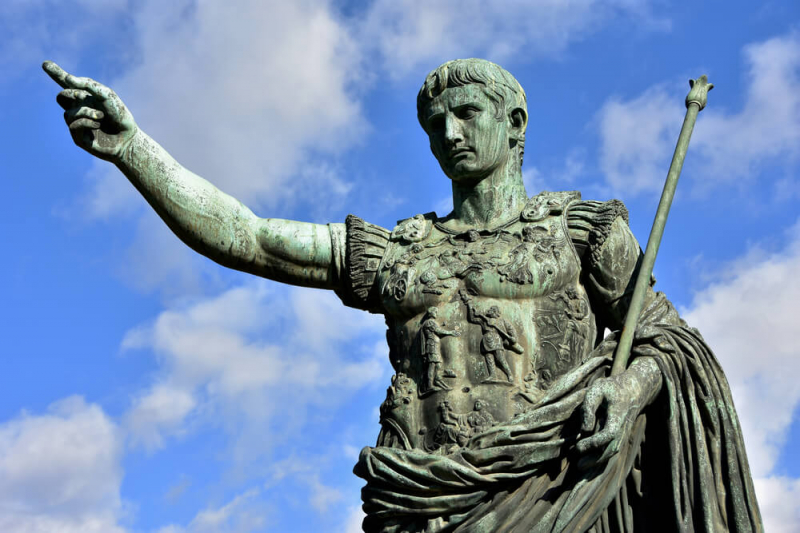
Source: discoverinformation.com -
Caligula had a number of health issues that rendered him very unwell when he briefly became emperor. People thought he had been secretly poisoned or that someone had put something poisonous in his food. Caligula appears to have lost his mind in his own palace at this point despite being recovered. He started murdering those who were blood relatives to him and even exiled them to the border. Caligula personally killed his cousin Tiberius Gemellus and his adoptive son, which had an impact on Caligula's grandmother, who passed away soon after. Her death is the subject of rumors. Some claim that she committed suicide, while others suggest that Caligula most likely poisoned her. Both theories have different meanings and persuasiveness, especially when you read that Caligula wants to remind people of his power by repeating the phrase, “Remember that I have the right to do things anything to anyone".
The fact that he rose up and declared himself to be a god at that time was concerning. He began to build a bridge between the temple of Jupiter and the palace in order to meet the deity. Additionally, he started making public appearances while dressed as various gods and demigods, including Hercules, Mercury, Venus, and Apollo. When he first met politicians, it is known that he started to think of himself as a god; in fact, he is occasionally referred to as God Jupiter in official documents. To fulfill his quest to become a god, Caligula grafted his head onto various body statues.
The tale of Caligula's horse, Incitatus, is another well-known illustration of the emperor's eccentricity. Because he constructed a private residence that is fully furnished like a person's home for dogs and horses to live in, some people claim that riding this horse is like having the emperor consume an addictive substance. A marble pavilion and an ivory manger complete the residence. The most peculiar aspect of the tale is how Incitatus appears to have been a consul in Caligula's plans.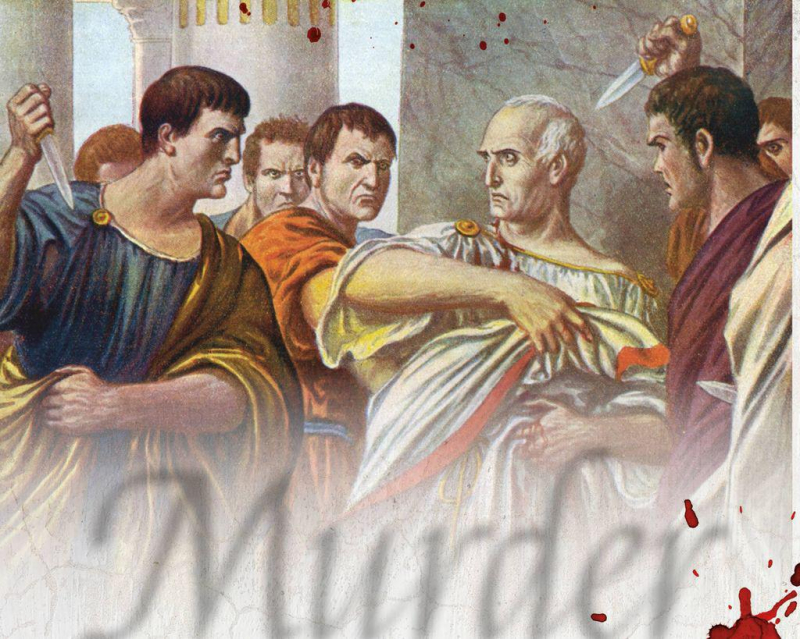
Source: scribd.com 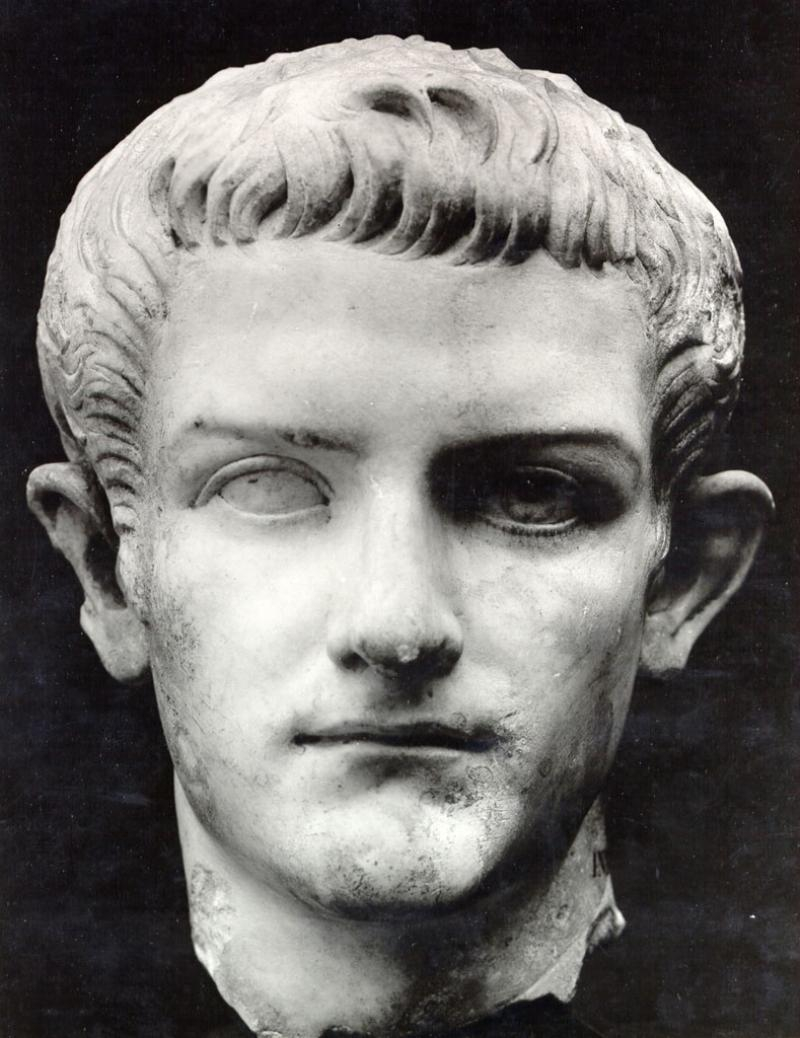
Source: GameSpot











